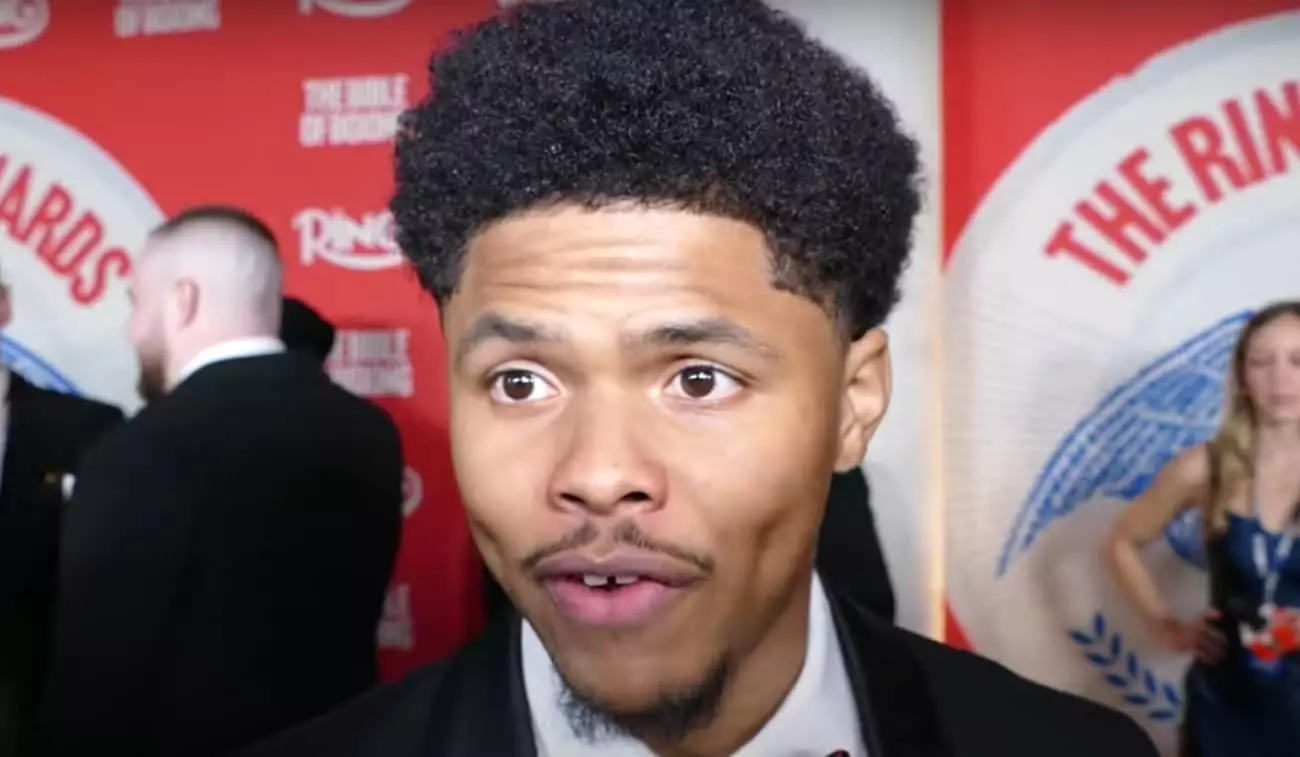Shakur Stevenson, the reigning WBC lightweight champion, is at a pivotal moment in his boxing career. As he prepares for a fight on February 22nd, his stance on future matchups has raised eyebrows. Particularly, his comments regarding a potential bout with Gervonta “Tank” Davis suggest a complex interplay of confidence and reality. While Stevenson asserts that he does not need to pursue high-profile opponents, the current trajectory of his career may suggest otherwise.
The Buried Undercard: A Cautionary Tale
Stevenson finds himself on an undercard that is overshadowed by other noteworthy fights, specifically the highly anticipated rematch between Artur Beterbiev and Dmitry Bivol. This positioning underscores a worrisome trend in Stevenson’s recent performances, which have failed to capture the excitement of the audience. Despite being a champion, the repeated criticism he faces—including being booed during fights—indicates he is struggling to connect with fans. This situation raises questions about how the boxing world values his current standing and marketability.
Stevenson appears to be relying on external forces, specifically promoter Turki Al-Shiekh, to facilitate matchups against fighters like Davis. His reluctance to chase these confrontations may stem from a cautious strategic approach or from a deeper understanding of the sport’s promotional complexities. However, with Davis indicating a preference to limit his fights this year, Stevenson must consider alternative opponents seriously. While he has expressed interest in fighting William Zepeda and Vasily Lomachenko, the viability of these matchups remains uncertain, particularly as Lomachenko’s interest seems minimal.
Shakur’s recent statements convey frustration and a sense of self-assuredness. His remarks regarding Davis, stating he does not intend to chase fighters, resonate with a mindset of a champion who believes in his own value. Yet, the irony lies in the fact that his current standing may necessitate precisely that pursuit for recognition and relevance in an increasingly competitive lightweight division. This paradox raises intriguing questions about the dynamics between fighters, promoters, and fan engagement.
As Shakur Stevenson navigates the murky waters of his boxing career, he faces a critical juncture. On one hand, his refusal to chase high-profile matches is admirable, reflecting a commitment to his principles. On the other, it might also signify an oversight of the urgent need to enhance his appeal and establish himself as a marquee name in the sport. Moving forward, the outcome of his fight on February 22nd and potential matchups with opponents like Davis, Zepeda, or Lomachenko will significantly influence his trajectory. Ultimately, Stevenson’s journey underscores the intricate balance of confidence, ambition, and the ever-evolving landscape of professional boxing.

